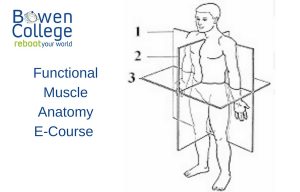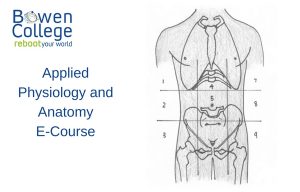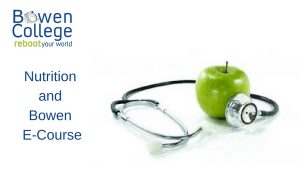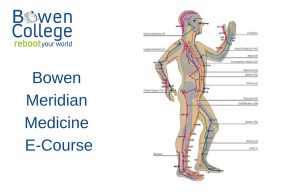In the last post, I introduced the notion that stress didn’t act upon our immune and nervous systems in an entirely unmediated way. The flip side of the mind-body connection is that effective use of the mind can benefit the well-being of the body. Skills to cope with stress are an important instance of this.
If coping is the best way to alleviate the feedback loop of stress, then all our therapeutic efforts should be placed on understanding this mechanism. Have we ever looked at what increases coping skills? Have we ever considered how proper diet, nutrition and exercise increase the ability to cope with stress? “Coping” is not just a mental activity. It is a biological one.
Personality and behavioral characteristics may also influence an individual’s immune response to stress. Passive individuals may have lower cortisol levels, and consequently have fewer alterations in their immune systems in response to stressors.
Perhaps the key to “managing” the immune system depends on personality characteristics and the ability to perceive stress differently. The perception of stress may be the key to triggering the “stress response” in the different hormonal, nervous and immune pathways.
Undoubtedly, by now, we can acknowledge existence of the “mind-body” connection. It is not merely a theory, but entails clearly identified biological pathways. Accordingly, thorough assessment of a client’s condition must involve an understanding of their emotional and physical states: particularly potential stressors and coping mechanisms. This is invaluable information for assessment.
The last few months my posts have been very technical. Perhaps it’s time to make this discussion more personal. Next week I’ll begin telling you the story of my experience with MS. We’ll see how it applies the lessons learned earlier.









